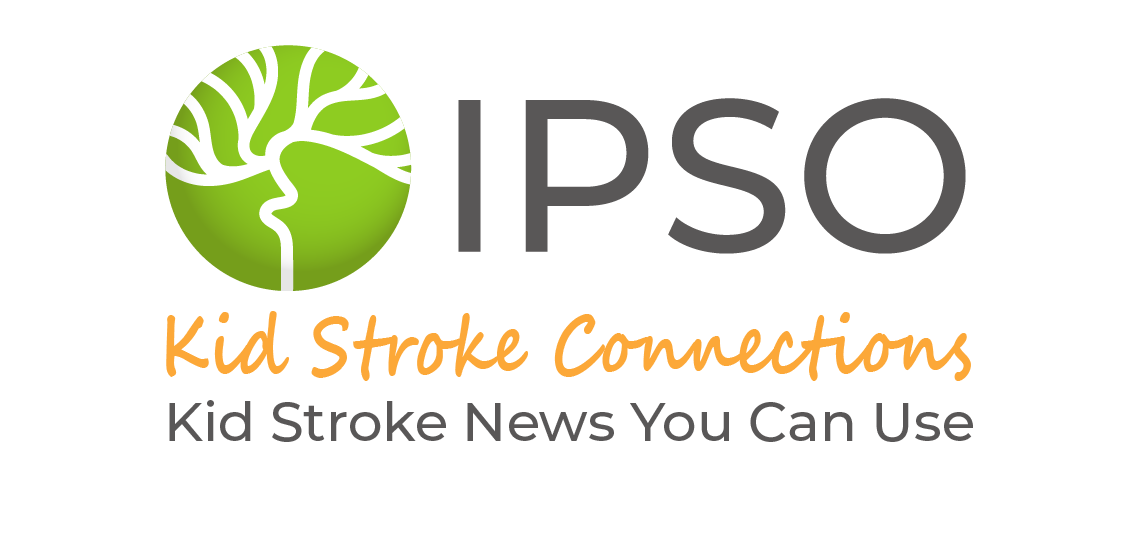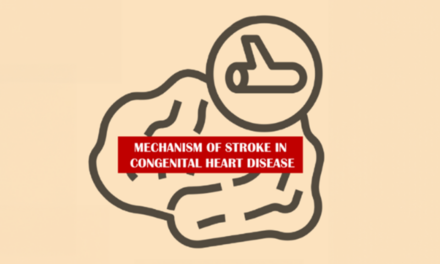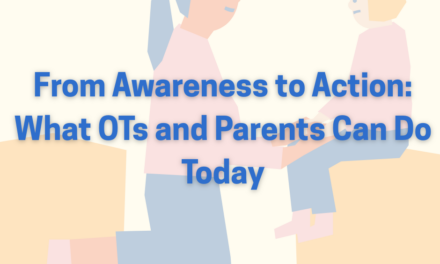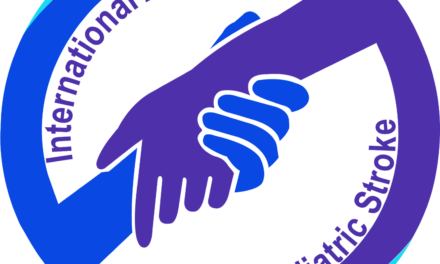What is Perinatal Stroke and how common is it?
Perinatal stroke happens in babies between the middle of pregnancy (around 28 weeks) and the first 28 days after birth. Although perinatal strokes can be hard to detect, doctors are getting better at identifying them through advanced imaging techniques, better screening protocols, and improved awareness. One study shows that perinatal strokes happen in about 1 in 1,000 to 1 in 3,000 babies. (3)
Types of Perinatal Stroke:

What causes Perinatal Stroke?
Various maternal, fetal, and genetic risk factors can contribute to the likelihood of perinatal stroke. Some of the common causes of perinatal stroke in general are listed below: –
- Heart problems that are present at birth
- Blood clots from the placenta blocking the baby’s blood vessels
- Infections
- Blood clotting diseases, especially if there’s a family history
The causes of perinatal stroke are often uncontrollable by parents, and in many cases, pinpointing the exact trigger of the stroke is challenging. Recent studies suggest that certain factors during pregnancy can play a big role in causing perinatal strokes, as shown in the graphics, along with ways to prevent them.

The more risk factors a mother has, the higher the chance her baby could have a perinatal stroke. To help prevent this, it’s important to focus on keeping pregnant mothers healthy and ensuring they have a good pregnancy.
Can a Perinatal Stroke be prevented?
Perinatal stroke affects many people and families, often leading to long-lasting disabilities. It would be great to prevent these strokes, but the exact causes are still being studied, and the timing of the stroke is usually unknown. For this reason, it’s not possible to prevent it completely.
In the meantime, pregnant women can take steps to avoid certain risk factors and maintain a healthy pregnancy. Regular check-ups and good medical care are important for preventing complications during pregnancy. By avoiding smoking, alcohol, and drugs and getting early screening pregnant women can reduce the risk of diabetes and high blood pressure. Good hygiene and a nutritious diet are also key to staying healthy. If a woman gets a fever or infection, seeking treatment right away can reduce the risk of perinatal stroke. Identifying and treating blood clotting diseases is also crucial. Women with a personal or family history of blood clotting problems, may benefit from advice on quitting smoking, managing weight, using compression socks during long trips, and following other helpful tips. Careful monitoring and planning for labor can help ensure a safe delivery for both the mother and baby. Simple steps like, tracking how much fluid the mother drinks and how much she urinates during labor, can help lower the chances of it happening.
It’s important to remember that nothing can prevent perinatal stroke. However, focusing on maintaining a healthy pregnancy might help lower the chances of it happening.
Reference:
- DeVeber GA, Kirton A, Booth FA, Yager JY, Wirrell EC, Wood E, Shevell M, Surmava AM, McCusker P, Massicotte MP, MacGregor D, MacDonald EA, Meaney B, Levin S, Lemieux BG, Jardine L, Humphreys P, David M, Chan AK, Buckley DJ, Bjornson BH. Epidemiology and outcomes of arterial ischemic stroke in children: the Canadian Pediatric Ischemic Stroke Registry. Pediatr Neurol. 2017;69:58–70. doi: 10.1016/j.pediatrneurol.2017.01.016
- Child Neurology Foundation
- Perinatal Stroke
- American Stroke Association
- Perinatal Stroke Infographic
- Perinatal Ischemic Stroke
- Biarge MM, Y Cheong JL, Sebastian JD, Mercuri E, S Dubowitz LM, CowanRisk Factors for Neonatal Arterial Ischaemic Stroke: The Importance of the Intrapartum Period. J Pediatr. 2016 Jun:173:62 68.e1. doi:10.1016/j.jpeds.2016.02.064.
- Munoz D, Hidalgo MJ, Balut F, Troncoso M, Lara S, Barrios A, Parra P. Risk Factors for Perinatal Arterial Ischemic Stroke: A Case-Control Study. Cell Med. 2018 Jul 11;10:2155179018785341. doi: 10.1177/2155179018785341. PMID: 32634191; PMCID: PMC6172995.
- Song Y, Li S, Hao L, Han Y, Wu W, Fan Y, Gao X, Li X, Ren C, Chen Y. Risk factors of neonatal stroke from different origins: a systematic review and meta-analysis. Eur J Pediatr. 2024 Jul;183(7):3073-3083. doi: 10.1007/s00431-024-05531-5.
- Roy B, Webb A, Walker K, Morgan C, Badawi N, Novak I. Risk factors for perinatal stroke in term infants: A case-control study in Australia. J Paediatr Child Health. 2023 Apr;59(4):673-679. doi: 10.1111/jpc.16372. Epub 2023 Feb 14. PMID: 36786434.
- Ferriero DM, Fullerton HJ, Bernard TJ, Billinghurst L, Daniels SR, DeBaun MR, deVeber G, et al. Management of stroke in neonates and children: a scientific statement from the American Heart Association/American Stroke Association. Stroke. 2019 Jan 28;50(3). doi: 10.1161/STR.0000000000000183.
About the Author

Anupam Raj Nepal
Anupam Raj Nepal, a graduate of the BPKIHS is a general practitioner who is currently involved in his job as a medical officer in a hospital in eastern Nepal. He has developed a passion for Neuroscience and is interested in working with the pediatric population.
He is dedicated to use his practical and interpersonal skills to contribute to the world of healthcare. He is particularly keen on doing research and learning, sharing and contributing to medicine. He is currently involved in a few ongoing projects and has been thoroughly involved in doing volunteering services in Nepal, pitching new ideas and uplifting access to healthcare and community outreach. Besides his time in medicine he loves playing the guitar, going on short hikes and trekking and exploring the Himalayas.

Shreya Rai
Shreya Rai, a graduate of East West Medical College and Hospital, is a medical professional from Nepal currently working as a medical officer in a tertiary hospital in rural Nepal. She has a keen passion for medicine which extends to the Pediatric population.
She stays committed to learning more about medicine and advocates for accessible healthcare services to the vulnerable and underserved group. Besides her clinical practice she is actively involved in extracurricular societies and volunteering works related to healthcare which has helped her navigate her role as a medical professional in the ever evolving world of the medical sciences. In her spare time, she enjoys traveling, taking short hikes, and playing her ukulele.
Graphics: Shreya Rai and Anupam Raj Nepal
Medical Editors:Gayatra Mainali and Manish Parakh
Junior Editor: Jeehyun Kim





